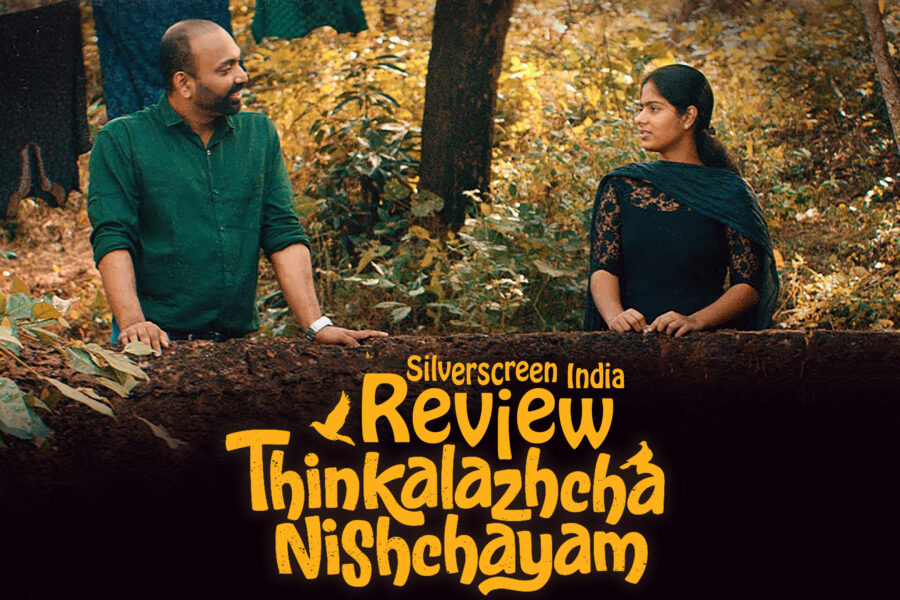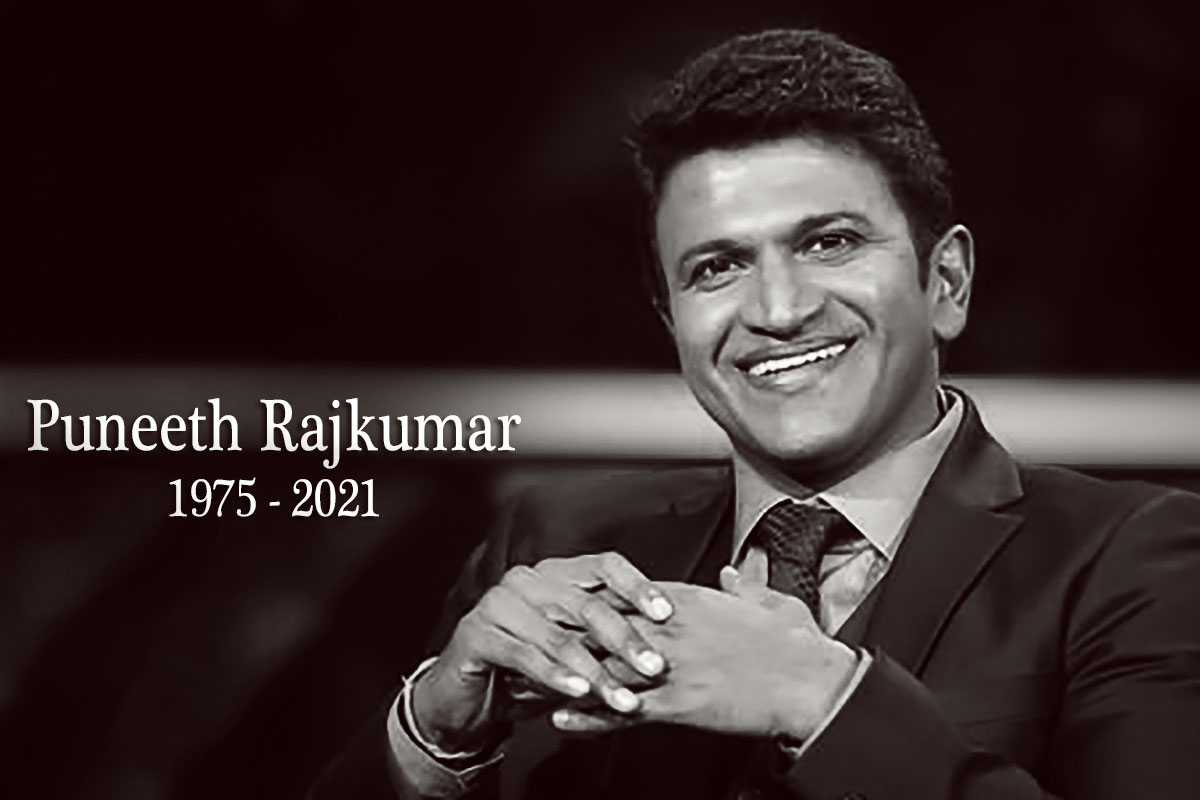(Spoiler Alert)
Novelty in movies isn’t necessarily creating something that never existed before. In Thinkalazhcha Nishachayam, a Malayalam language drama, director Senna Hegde takes the viewer to a simple, familiar setting, inhabited by characters who have appeared on the Malayalam screen, big and small, from the beginning of time. Hegde does not reuse them passively to evoke some fleeting laughs. He inserts into the scenes witty lines that sprout from the setting, rich in local flavour, and directs plenty of sneers at the patriarchs who throw their weight around the weaker members of their household, hypocrites and spineless men who look for undeserved respect.
Thinkalazhcha Nishchayam unfolds in a lower-middle-class house in Kanhangad, a region in Kerala’s northernmost district which had been lying beyond the vicinity of Malayalam cinema for a long time. The film opens to a fascinating scene. The camera, placed at a distance, watches a bunch of men under a dim street lamp, whose banter informs the viewer of the context. A police vehicle enters the scene, washing the frame in yellow and red. Between the lines of a formal inquiry, the men exchange pleasantries, signifying the way of life in a close-knit community. In the next scene, a woman with a Christian rosary around her neck persuades her neighbour to accompany her to a temple festival in the evening, to watch a ganamela (a film music concert) featuring movie playback singers.
Hegde and his co-writer Sreeraj Raveendran, who has also done the film’s cinematography, focus on the characters’ behaviour, verbal and non-verbal. There are plenty of endearing moments. The camera goes from room to room, between interior and exterior, following people engaged in various activities. Men are loud and animated, and women, relegated to being flies on the wall, whispering secrets and sorrows to each other. The story takes a backseat here. Thinkalazhcha Nishchayam is driven by a pleasant potpourri of human interactions.
Every character brings a load of life to the modest premise, thickening it to a delicious consistency. The cast, all newcomers who look like they know Kanhangad inside out, deliver a terrific performance, sans any signs of inhibition. A teenager jovially greets his friend’s father, who responds with a scowl. The boy pipes up, “Is that a walking statue?” At the first meeting between Suja (Anagha Narayanan), the protagonist, and her fiance, Lakshmi Kanthan (Anuroop), he shoots at her a bunch of carefully thought out questions to analyse her marriageability. “Everyone wears maxi (nightie) around here?” he asks her, disdain in his voice. “Yes. Though, my father wears it only to bed,” she replies dryly, and he shudders.
At the centre of the film is the imminent wedding of Suja, the youngest daughter of Vijayan (Manoj KU), a Kuwait-returnee, and Lalitha (Ajisha Prabhakaran), fixed without and against her consent. The house starts to see an influx of friends and relatives, who bring a history of friction. A shy, but amiable young man has to tolerate the hurtful behaviour of his father-in-law. A banker, whom the sister of Suja had rejected for a man with a low-ranking job, goes around the house offering financial help to the family, the easiest way to regain his social standing.
A tug-of-war between material wealth and human values, a staple element in rural dramas, runs throughout the film. Vijayan cannot fathom why his eldest daughter (Unnimaya Nalppadam) chose a bus driver as her life partner. The man protests violently when Suja makes a similar choice by eloping with an unemployed young man. Hegde refuses to romanticise the oft-repeated statement that love could replace money in a marriage. The parting letter that Suja writes to her family is a comedy of clichés, packed with lines picked up from fluffy film songs.
Hegde, however, cannot find a meaningful conclusion to the chaos. After Vijayan’s household explodes in tension, pieces flung around and wrecking people and their plans, the film hits a dead-end. The writer-filmmaker opts for a simplistic sitcom/soap-opera solution for a complex feature film problem. Kanhagad’s patriarch learns a lesson the hard way, from an outsider who barges into the venue, flaunting her modern way of thinking. The idea fits, but the scene resembles a poor joke, much inferior in quality to the healthy humour the narrative had been serving until then.
Sreeraj Raveendran’s camerawork is fluid, perfectly capturing the momentum in the writing. The two songs (composed by Mujeeb Majeed) are forgettable; they do not add anything significant to the narrative and only bring to it unwarranted pauses.
Recommended
The hipness in Hegde’s approach to filmmaking, notably, doesn’t reflect in the film’s worldview. In the end, the filmmaker leaves the traditional middle-class setup intact, careful not to upset its old norms. The young women, who are unemployed themselves, feebly defend their partners rather than raise their voices when they are humiliated in public. To be a more rounded, scathing satire about the traditional system of arranged marriages and middle-class households, a film has to look a little more into gender politics and the various forces at play inside our families. Thinkalazhcha Nishchayam, however, chooses to be a benign, heartwarming entertainer.
*****
This Thinkalazhcha Nishchayam review is a Silverscreen original article. It was not paid for or commissioned by anyone associated with the movie. Silverscreen.in and its writers do not have any commercial relationship with movies that are reviewed on the site.



